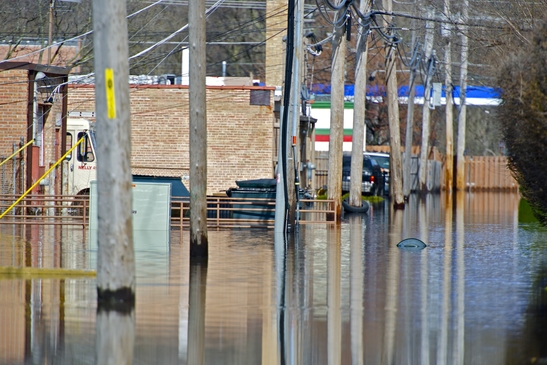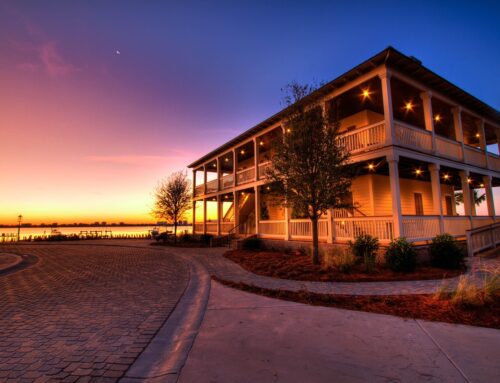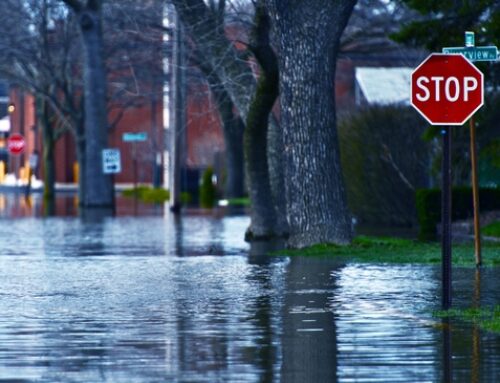
It is a good idea to stay protected and get insurance to cover you and your family during those rainy days. When we talk about rainy days, we not only speak about personal health problems, car and home accidents, but also issues faced due to natural disasters. Things like nature cannot be predicted, so the best way to stay protected is to stay covered. Flood insurance is one such cover that protects you and your family in the event of a flood. It is important to understand that this is a separate kind of insurance that you need to buy, as the standard homeowners insurance does not cover damages due to flood. Home insurance does cover some part of damage due to rain, however, if the water enters your home and causes damages due to the rising levels of water bodies such as rivers, lakes and streams, then the standard homeowners insurance is not liable to oversee and cover you for these damages.
National Flood Insurance Program (NFIP)
When looking for flood insurance, the most common insurer you will come across is the National Flood Insurance Program, also known as NFIP, which is a federally regulated program. The NFIP offers two kinds of policies:
- The first policy covers your actual residence/home for an amount of up to $250,000.
- The second policy covers only your personal property for an amount up to $100,000.
You have the choice of buying either one of them or buying both.
When does buying flood insurance become mandatory?
If you are planning to take a mortgage on a property that is located in a high-risk area, also known as a Special Hazard Flood Area, then the bank or lender will want you to buy the flood insurance policy before they sanction your loan.
In case you just want to buy the policy as a precautionary measure, then you must ensure that your community is a part of the national flood program. Since flooding impacts every state, there is a high chance that your state and property are also eligible for the insurance.
What comes under the NFIP insurance coverage?
When buying insurance, one must make sure that they read the fine prints on the policy and know exactly what they are being covered from. The NFIP’s policy covers the amount required to rebuild the property, or the fair value of the property, whichever is lesser. Some of the damages that the program covers include the property and its foundation, kitchen appliances, electrical systems, plumbing systems, detached garages, debris removal, permanently carpeted floors, among others. The program covers personal property items such as, clothing, curtains, furniture, electronic equipment, window AC units, microwaves and dishwashers, frozen food and freezer, washer and dryer. Items that typically belong to a safety deposit box are not covered, for example, precious metals, bearer bonds, cash and stock certificates.









